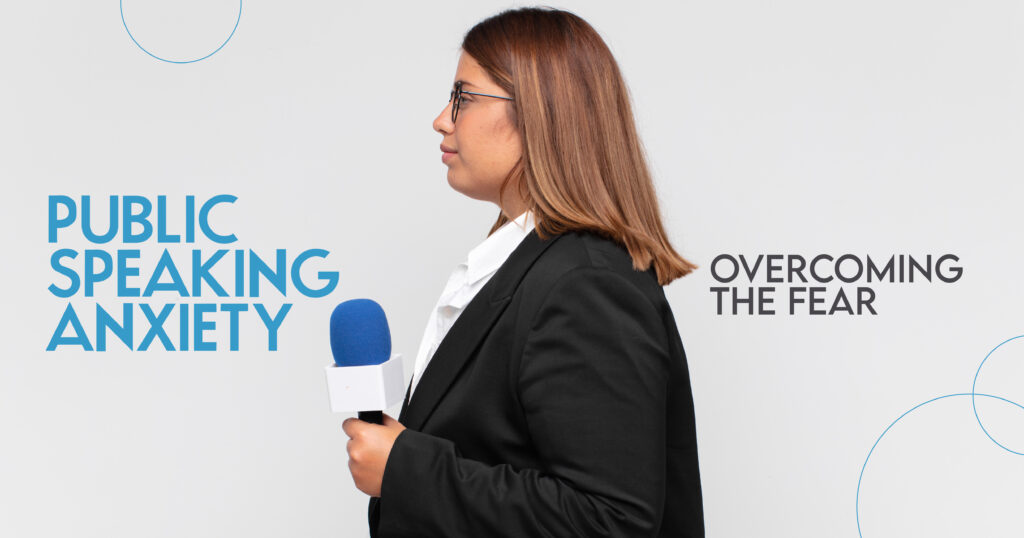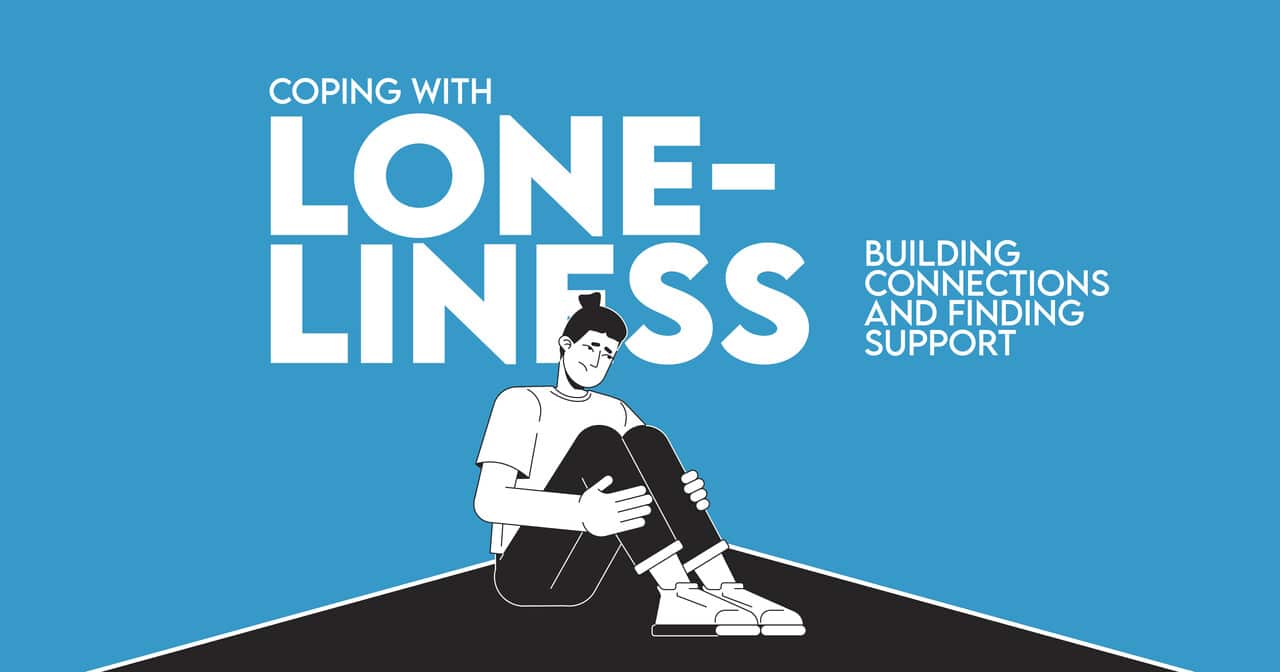Public speaking anxiety is a common fear that many individuals experience. The fear of speaking in front of an audience can be paralyzing, causing sweaty palms, shaky voices, and racing hearts. But don’t worry! In this article, we will explore effective techniques to overcome public speaking anxiety and help you become a confident and persuasive speaker.
Understanding Public Speaking Anxiety
Public speaking anxiety is more than just feeling nervous before a presentation or speech. It is a deep-rooted fear that can sabotage your chances of delivering a successful talk. Let’s dive into some key aspects of public speaking anxiety that will help you understand the nature of this fear.
What Causes Public Speaking Anxiety?
There are several factors that contribute to public speaking anxiety. Understanding these causes can help you address and conquer your fear more effectively. Here are a few common triggers:
- Fear of judgment: Being afraid of how others will perceive you and worrying about making mistakes can intensify public speaking anxiety.
- Lack of confidence: Low self-esteem and a lack of belief in your abilities can heighten the fear of public speaking.
- Past negative experiences: A previous embarrassing or unsuccessful speaking experience can leave a lasting impact on your confidence.
- Unrealistic expectations: Setting high expectations for yourself and feeling the pressure to meet them can lead to anxiety about public speaking.
How Does Public Speaking Anxiety Manifest?
Public speaking anxiety can manifest in various physical and emotional symptoms. These symptoms can range from mild to severe and may include:
- Rapid heartbeat and shortness of breath
- Sweating and trembling
- Dry mouth and difficulty swallowing
- Nausea and stomach discomfort
- Shaky voice and trembling hands
- Negative thoughts and self-doubt
Now that we have a better understanding of public speaking anxiety, let’s explore some strategies to overcome this fear and become a confident speaker.
Overcoming Public Speaking Anxiety
Overcoming public speaking anxiety requires a combination of preparation, practice, and mindset shifts. Here are some effective techniques that will help you conquer your fear and speak with confidence.
1. Preparation is Key
One of the best ways to combat public speaking anxiety is through thorough preparation. Here’s how you can prepare effectively:
- Research your topic: Gather as much information as possible about your topic to build confidence and credibility.
- Outline your speech: Create a structured outline of your speech, including the main points and supporting details.
- Practice, practice, practice: Rehearse your speech multiple times to familiarize yourself with the content and delivery.
- Visualize success: Visualize yourself delivering a successful speech, feeling confident, and engaging your audience.
2. Embrace the Power of Breathing
Deep breathing exercises can help calm your nerves and reduce anxiety. Before stepping onto the stage, take a few moments to focus on your breath:
- Take a slow, deep breath in through your nose, counting to four.
- Hold your breath for a count of four.
- Exhale slowly through your mouth, counting to four.
- Repeat this process several times until you feel more relaxed and centered.
3. Start with Small Steps
Instead of diving into a large, intimidating speaking engagement, gradually expose yourself to smaller speaking opportunities. Consider joining a public speaking club, participating in a local workshop, or delivering a short talk to a small group of friends or colleagues. This step-by-step approach allows you to build confidence and reduce anxiety over time.
4. Shift Your Mindset
Embracing a positive mindset is crucial when it comes to overcoming public speaking anxiety. Here are a few mindset shifts that will help alleviate your fear:
- Embrace imperfection: Remember that no one expects perfection. It’s okay to make mistakes and have moments of vulnerability.
- Focus on the audience: Instead of worrying about yourself, shift your focus to the audience’s needs and how you can provide value to them.
- Replace negative thoughts: Challenge negative self-talk and replace it with positive affirmations. Remind yourself of your strengths and capabilities.
- Learn from experience: Every speaking opportunity is a chance to learn and grow. Embrace each experience, whether it goes well or not, as an opportunity for personal development.
5. Seek Support and Feedback
Building a support system and seeking constructive feedback can greatly boost your confidence. Consider joining a public speaking group, where you can practice your skills in a safe and supportive environment. Additionally, ask trusted friends or colleagues for feedback on your speeches. Constructive criticism will help you identify areas for improvement and refine your speaking abilities.
FAQs
Q: How long does it take to overcome public speaking anxiety?
A: The time it takes to overcome public speaking anxiety varies from individual to individual. With consistent practice and implementation of the techniques discussed, significant improvements can be noticed within a few months.
Q: Will my anxiety completely vanish?
A: It is natural to feel some degree of nervousness before speaking in public. However, with proper techniques and practice, you can manage and control your anxiety to a point where it no longer hinders your ability to speak confidently.
Q: Can professional help be beneficial in overcoming public speaking anxiety?
A: Yes, seeking professional help from a therapist or speech coach can provide additional support and guidance in overcoming public speaking anxiety. They can tailor strategies to your specific needs and offer personalized assistance.
Conclusion
In conclusion, public speaking anxiety is a common fear that can be overcome with the right mindset and approach. By preparing thoroughly, embracing breathing techniques, starting with smaller speaking opportunities, shifting your mindset, and seeking support and feedback, you can conquer your fear of public speaking and become a confident and persuasive communicator. Remember, practice makes progress, and each speaking engagement is a chance to grow. So, take the leap and embrace the power of your voice!




